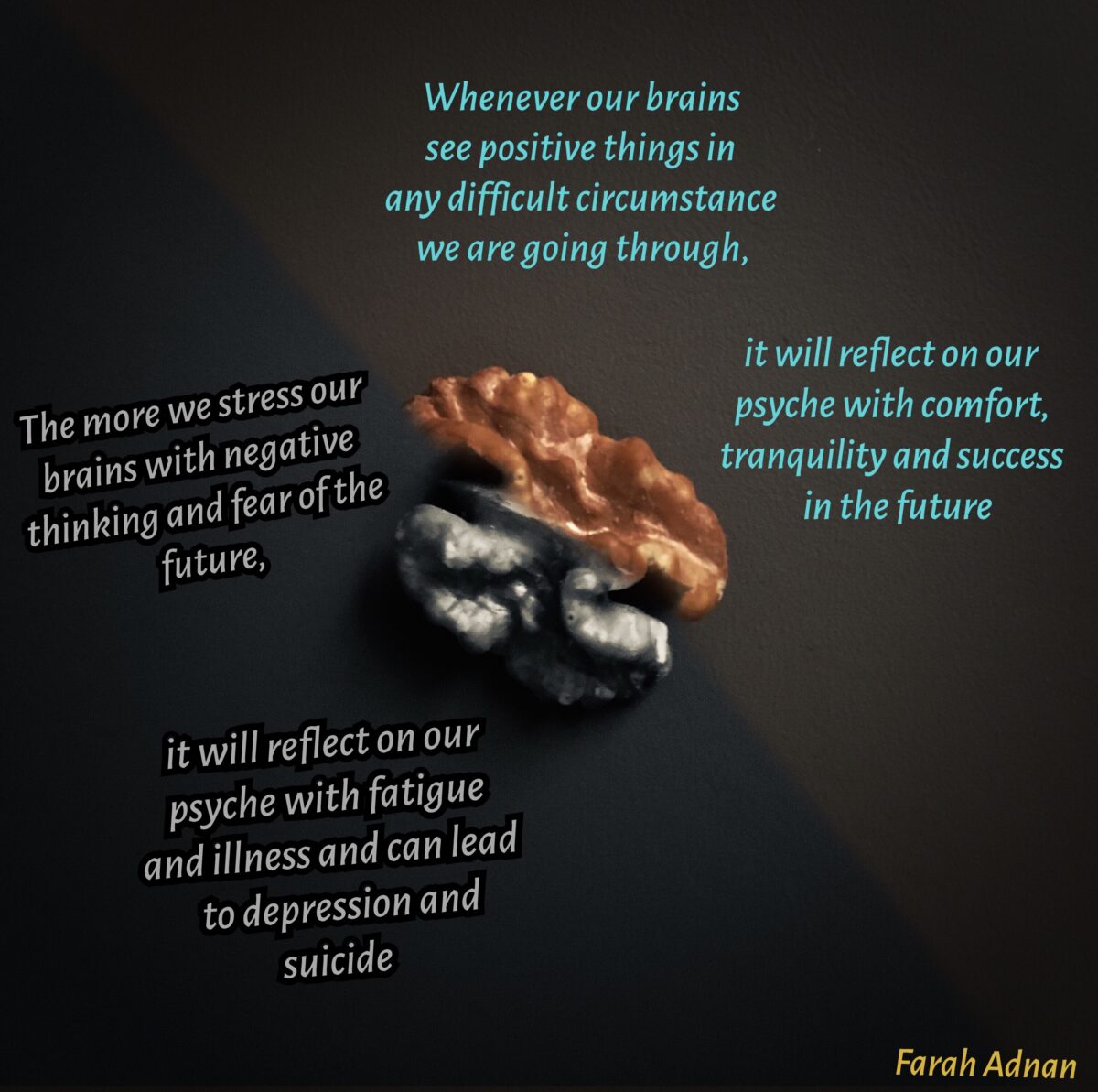This Sunday, October 10th 2021 is celebrated as World Mental Health Day. The theme for this year is “mental healthcare for all: let’s make it a reality.”
The COVID-19 pandemic has taken an unprecedented toll on the mental and physical wellbeing of billions of people across the world, and the World Health Organisation notes that during the World Health Assembly in May of this year, governments from around the world recognised the need to scale up the quantity and quality of mental healthcare services to meet the needs of communities.
At the Health Journalism Network, we know that journalists have long suffered from external pressures and stressors like deadlines, commissions as well as personal and editorial standards, all while balancing a personal life, family, sleep and health. Journalists and media professionals are often seen as stoic, bearing the pain and stress of the stories they hear and the work they produce silently, rarely seeking help. We know that this is far from the truth, and that prioritising the mental health and wellbeing of journalists is critically important!
With World Mental Health Day around the corner, we asked the HJN Ambassadors for their tips and advice on keeping mentally healthy during these challenging times.
“The past year has pushed every one of us to certain limits we never thought we could reach,” says Ambassador Babatunde Okunlola from Nigeria.
“I think as journalists and members of the fourth estate, we tend to underestimate or downplay the impact of these global events on us, especially being gatekeepers who are first hit with the news of these events, and who are saddled with a sense of responsibility of modifying and determining in most cases how others receive and perceive these news. Journalists and media organizations must now, more than ever, put mental health at the forefront of journalism where it rightfully belongs,” he emphasises.
Babatunde’s tips for journalists
- Have a support system: this could be a network of fellow journalists who help keep you on track, or someone like a mentor that you can talk to, who understands the terrain, and can share from their wealth of experience.
- It’s okay to take breaks and take care of you first. You need to be well enough to tell the story like only you can.
- Lastly, remember that the world is filled with several challenges and sometimes it is important to tune it all off, so as to recuperate and be better able to play your role in fixing it.
Ambassador Aynabat Yaylymova from Turkmenistan says that she prefers cooking or taking a gadget-free (that’s right…no phones!) walk to clear her mind and slow things down.
“Leave your phone behind and just observe your surroundings. I also like cooking because it slows me down and serves as a special form of meditation,” she says.
Ambassador Gideon Osei from Ghana says that as journalists, we are mostly on the frontlines of some of the world’s most challenging events, from crime scenes and road accidents to natural disasters and health crisis. Now, journalists around the world are working overtime to cover the COVID-19 pandemic.
Gideon’s advice for journalists
“Remember you’re not immune to mental health problems. Journalists should not look at mental health problems as a distanced issue that affects other people. We should accept that our work makes us very much vulnerable and be alert,” says Osei.
Know the signs: as Journalists; especially health reporters who have access to health experts, we need to learn and know the basic signs of mental illness and be alert.
Reduce your stress by taking downtime: while a certain amount of stress is healthy and motivating, such as looming deadlines, too much can lead to crashing, breakdowns or burnout. Allow yourself some rest-time when you aren’t working, which can be more difficult when working remotely. Set a strict time for work hours and stick to it.
Mentally prepare for covering tough stories: when working on a difficult story, think about what’s going to be problematic for you and plan on how to cope with it.
Build Resilience: build a supportive community, whether it’s at work with colleagues or at home with friends and family.
Keeping our brains in a positive light
Ambassador Farah Adnan from Iraq chose to create a photo to encourage journalists and others to understand the impact of mental health on our brains. She used an image of a walnut to depict the brain as walnuts are considered great foods to support brain health.

Mental Health Resources
If you, or someone you know is struggling with mental health issues like depression or thoughts of suicide, please check out these resources from the WHO.
Possible Mental Health Story Ideas!
Looking for a new policy story on mental health? Why not read over this updated Mental Health Action Plan for 2013-2030 published by the WHO. Are you interested in a child-focused mental health story? Check out UNICEF’s “State of the World’s Children” report, which focusses on promoting, protecting and caring for children’s mental health.